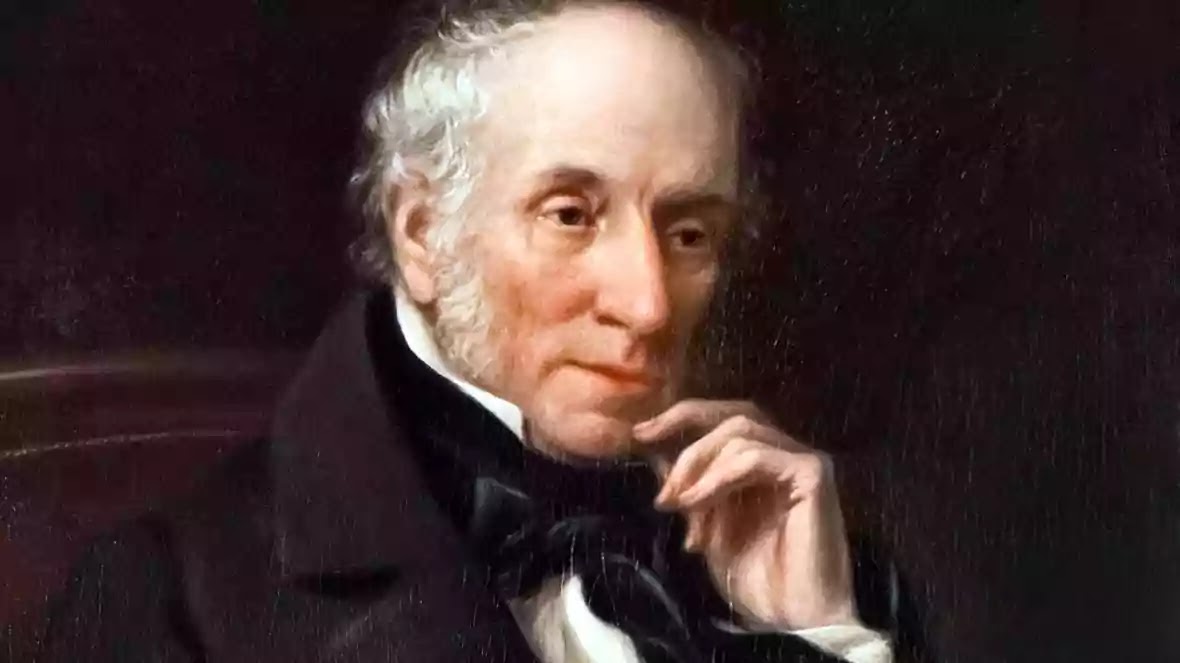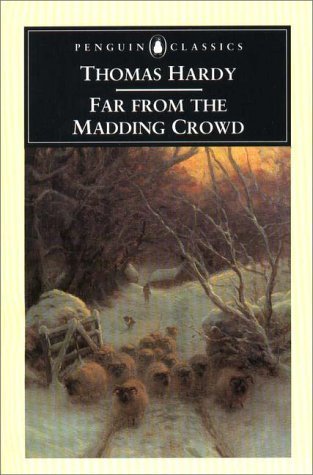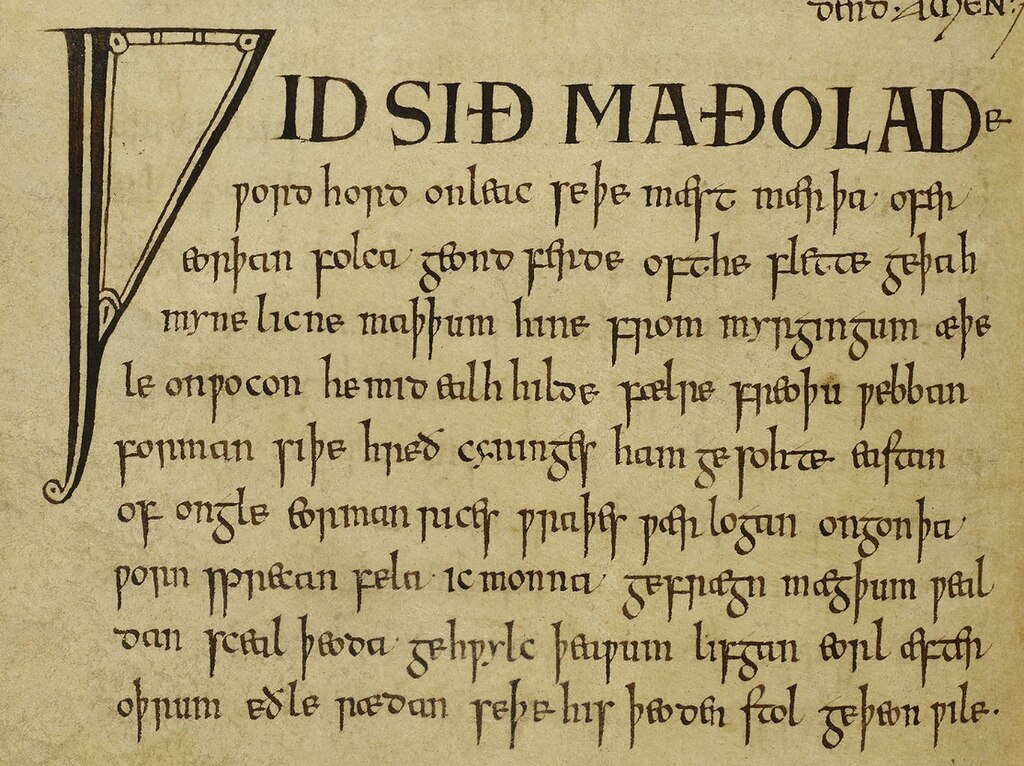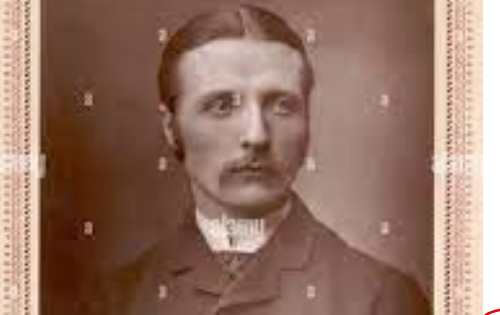William Wordsworth’s sonnet On the Extinction of the Venice is a touching account of Venice in her days of glory and prosperity as also of wretched fall under Napoleon’s imperialistic lust. The first eight lines- the octave of the sonnet present the first aspect, while the sestet treats the second, and is an emotive expression…








